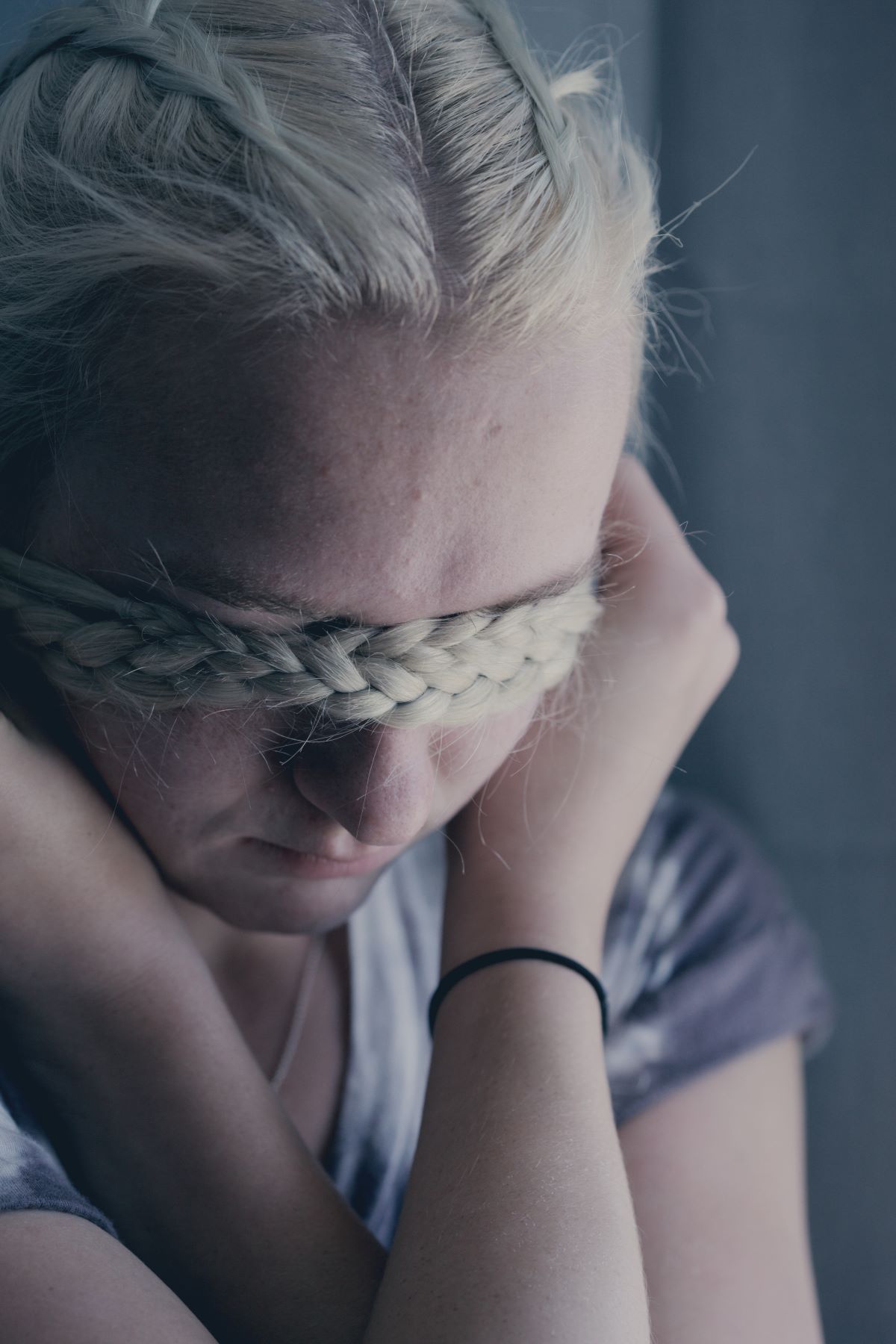One out of eight adults in America struggles with alcohol addiction. What’s worse, a significant number of dependents have it tough because of alcohol withdrawal symptoms. If you’re battling alcohol addiction and are seeking treatment, this article will cover the signs of alcohol withdrawal.
What is Alcohol Withdrawal?
The national dietary recommends women have one drink per day for seven days while men can take two during the same period. When you consume alcohol beyond this level, you risk having psychological dependence, which is harder to recover from.
Alcohol withdrawals are the symptoms dependent on users’ experience, as they look to stop the drinking habit. These symptoms vary from person to person, and they can occur almost immediately after quitting the bottle or hours later.
Common Causes of Alcohol Withdrawal
Alcohol primarily affects the central nervous system and brain function. When consumed in large quantities, alcohol has a sedative effect on the brain, which slows down normal brain functioning. In turn, the body develops a state of ease, as the “feel-good effect” of alcohol kicks in.
If repeated many times, the body becomes accustomed to being in this state so once you stop, it causes a chemical imbalance. This causes a chain of reactions that present as alcohol withdrawal symptoms. They usually vary, depending on how long you’ve been drinking.
What Are The Signs Of Alcohol Withdrawal?
Alcohol withdrawal symptoms occur at different levels and timelines. The most severe withdrawal cases are during the middle phase of recovery because it is the full-blown stage. However, it all depends on how much you’ve been drinking and for how long.
Here are the symptoms and timelines of when they occur:

6-12 Hours After Drinking
This is the initial phase where you experience mild symptoms. Here, common symptoms include shaky hands, anxiety, sweating, and nausea.
12-48 Hours After Drinking
This is where the rubber meets the road since the symptoms are now full-blown and your body is going through severe withdrawal. During this period, expect hallucinations, hand tremors, seizures, and disorientation. Once these hours are over, the body is almost fully detoxified and blood pressure restored.
48-72 Hours After Drinking
The last 48-72 hours are always different for every recovering addict, depending on how long you’ve been dependent. At this stage, some still struggle with level two symptoms, while others show positive development. For those still struggling, common symptoms include racing hearts and fever.
Treatment Options for Alcohol Withdrawal
If you’ve decided to quit alcohol but fear the alcohol withdrawal symptoms, don’t fret. Doctors prescribe medications to help ease your journey to recovery. In severe cases, a doctor can even recommend hospitalization so they can monitor you closely.
Start your Recovery Journey Today
While the road to recovery from alcohol dependence may seem tough, it’s worthwhile in the end. Don’t be afraid to start your recovery because of the alcohol withdrawal symptoms. They only last for a time, and the benefits of being sober are long-term.

